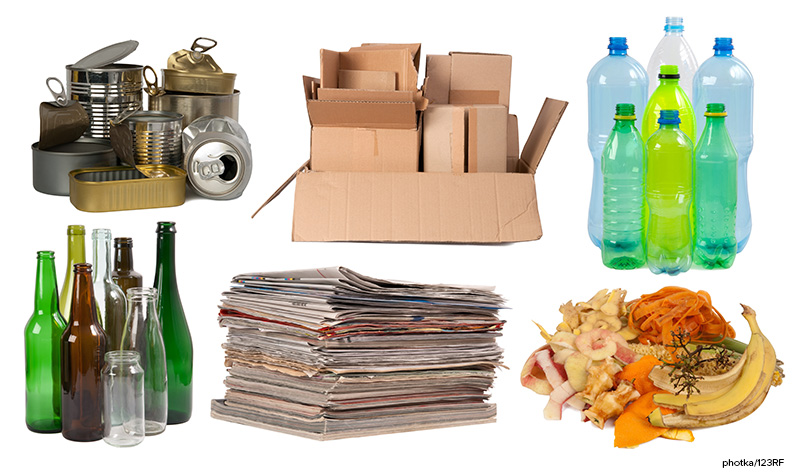To Recycle or Not to Recycle
Recycling is great: it saves energy and helps prevent the Earth from becoming one giant landfill. Right? Unfortunately, it might not be that simple. Before you pat yourself on the back for remembering to recycle that plastic water bottle in your hand, there are a few facts about recycling that you might want to keep in mind. Here, btw takes a closer look.

What Goes Into the Bin?
The first thing everyone should remember is that not everything is recyclable. That seems obvious, but sometimes what recycling centers will or won’t accept varies greatly from community to community. Some common items that are often not recyclable–despite being made of plastic, metal, or glass–are wire coat hangers, plastic bags, and the plastic wrap around your favorite beverage bottle. In some communities, items such as plastic yogurt tubs or clamshell containers aren’t recyclable either. But most people aren’t aware of the specific recycling rules where they live, meaning that most Americans think they’re recycling more than they actually are. And it then becomes the job of recycling centers to sort out the “trash” from the “treasure.”
MRFs
Now, that plastic water bottle you just remembered to recycle: do you ever wonder where it goes once it leaves the bin at your curb? It heads to material recovery facilities (or MRFs), the people who are tasked with sorting through all of the waste to identify what really is recyclable and what isn’t. It costs them time and resources to sort out, bag up, and dispose of the non-recyclable stuff that ends up there, which they then bill municipalities for. So in many cases, cities actually lose money on recycling programs. In other words, they would be better off financially by just dumping their plastic rather than by recycling it. This is especially true for small towns with small budgets.
A Home For Plastics
So, your bottle has made it from your recycling bin to your local MRF, where it was deemed suitable for recycling. What happens to it next? That’s where things can get even trickier. Recycling is a business like any other, and its survival depends upon the idea that recycling centers can make money off of their products. But this process requires that someone be willing to purchase or accept the recycled materials–and that “someone” is becoming harder and harder to find. For many companies, it’s cheaper to produce new, fresh plastic than to purchase it recycled from a recycling center. And in 2018, China–once a major accepter of U.S. plastic waste–refused to accept any more. The end result is that less than 6% of plastic waste in the United States gets recycled every year.
Does this mean that you should stop recycling? Absolutely not. But be mindful of what you put into the bin. And to be even more earth-friendly, don’t focus on recycling: focus on using less plastic to begin with.
